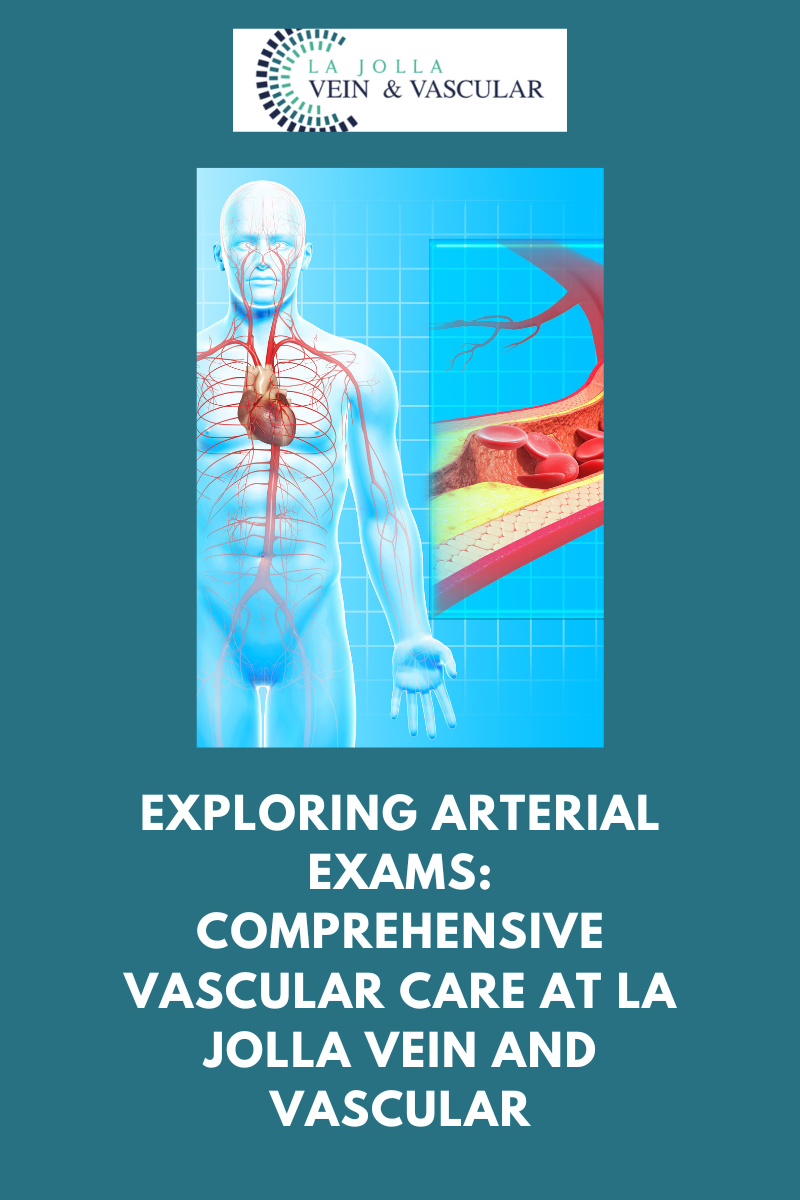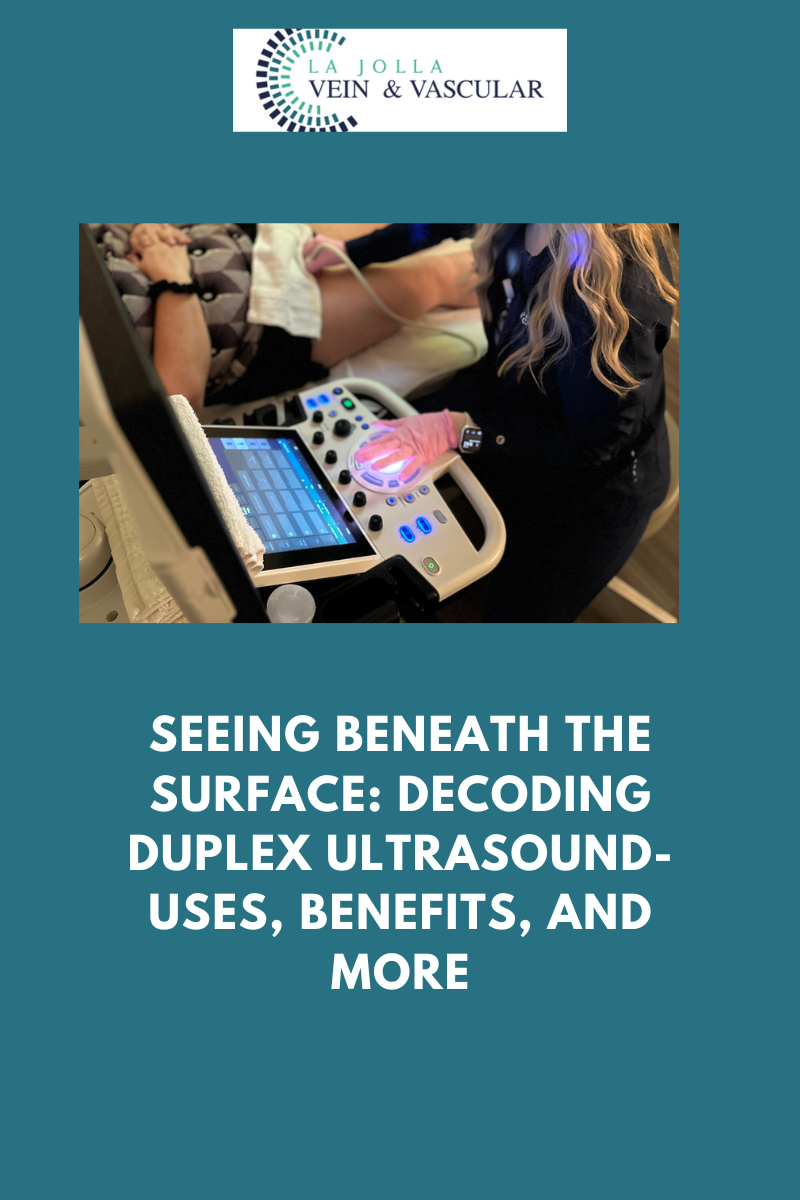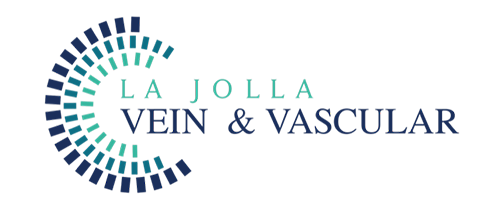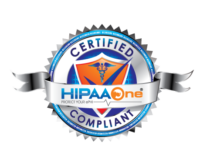Pelvic Venous Congestion Treatment

Pelvic Venous Congestion (PVCS) Treatment
What are the treatment options for Pelvic Venous Congestion (PVCs)? Available treatment options for PVCs include pain-relieving progestin hormone drugs, ovarian function-blocking Gonadotropin-releasing hormones, vein embolization, and surgery to rid of damaged veins, uterus, and ovaries. Customarily, your doctor will start you on the medications first to relieve pain. If the medications fail, then they may advise on the next step, usually the invasive options. Vein embolization is the most commonly used procedure. Here’s a look at what it involves:
-Pelvic Venous Embolization
-Sclerotherapy
-Radiofrequency Ablation (RFA)
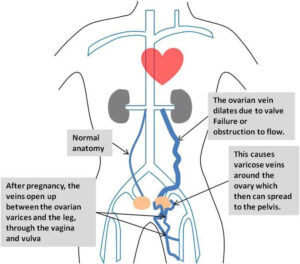
Treating PVCS diseases like pelvic and labial varicose veins requires resolving the backward flow of blood in the ovarian and pelvic veins through embolization. Embolization is an outpatient procedure that uses catheter technology to access the venous system to the problematic ovarian veins. The procedure is painless and requires no major incisions. The physician embolizes each problem vein (blocking blood flow) with vascular plugs or coils. Doing so permanently seals off the varicose veins, diverting blood flow up through healthy veins. The physician will also deliver sclerosing medication to lower the pressure in the pelvic veins and relieve the pain. Once blood can flow smoothly through healthy veins in the pelvic and labial area, the pain disappears. Patients can usually return to work and light activities the day following the procedure and see a full recovery in about one week; at least 7 in 10 women who undergo the procedure report feeling better. This procedure is usually performed by a trained interventional radiologist in the X-ray department.
Sclerotherapy is a minimally invasive procedure that injects sclerosing solutions into the veins. It is used to treat spider, reticular and varicose veins. It also blocks the unsightly or non-functioning veins to gradually improve appearance. This generally involves multiple treatments over the course of several months for pelvic venous congestion.
Radiofrequency Ablation is a minimally invasive, image-guided procedure used to treat varicose veins. An RFA utilizes high-frequency radio waves directed through a thin tube to create intense heat within the varicose vein. This closes up the problem vessel so blood cannot flow through it, redirecting blood flow into healthy veins to allow the blood to return to the heart. Eliminating the unhealthy vein reduces the vein bulging and minimizes leg pain and swelling. It is performed as an outpatient procedure with minimal recovery and discomfort.
When Should I Contact My Doctor?
Some women have enlarged veins with no symptoms; others have enlarged veins that cause pains and aches. In most cases, these don’t require a medical emergency. The symptoms should reduce as you head into menopause. However, in case of chronic, unbearable pain, nothing is stopping you from seeking medical help. In fact, see your healthcare giver right away for help.
To get the most out of the pelvic venous congestion consultation, here’s what to do:
-Know the purpose of the visit and what you want to get from it
-Before visiting the doctor, put down questions you need them to answer.
-Bring company along to help ask questions and note down points from the doctor.
-Write down the name of the diagnosis, its tests, and treatment options explained by the doctor. -Also, take notes of any new instructions during each visit.
-Know the reasons for new medication prescriptions, their benefits, and their risks.
-Inquire whether it’s possible to treat your condition another way
-Know why and what the results of a test procedure mean
-Ask what will happen if you don’t undergo testing or take medication.
-Ask whether a follow-up appointment is available and note down the visit’s time, date, and reason.
-Ask the doctor for their contacts in case you need a further chat.
For more information on pelvic venous congestion and to book a consult, please give our office a call at 858-550-0330.
For more information please check out our Youtube Channel at this link.


